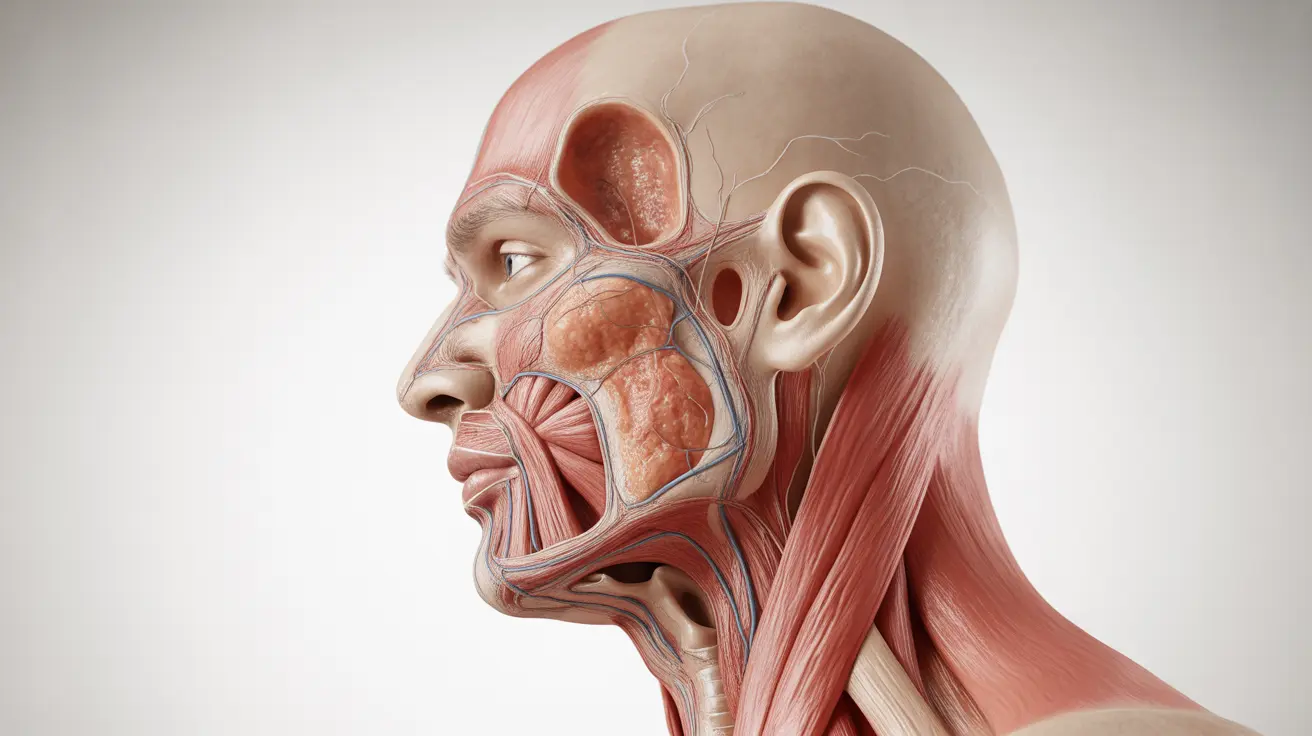Understanding the world's worst diseases and their impact on global health is crucial for both medical professionals and the general public. These conditions not only affect millions of lives annually but also place significant strain on healthcare systems worldwide. From chronic conditions to infectious diseases, knowing their causes, symptoms, and prevention methods can help save lives.
Understanding Heart Disease: The Leading Global Killer
Ischemic heart disease remains the deadliest condition worldwide, claiming millions of lives annually. This condition occurs when arteries that supply blood to the heart become narrowed or blocked, leading to reduced blood flow and oxygen delivery to the heart muscle.
Key Risk Factors and Prevention
Several factors contribute to heart disease development:
- High blood pressure
- High cholesterol levels
- Smoking
- Obesity
- Physical inactivity
- Diabetes
Prevention focuses on lifestyle modifications, including regular exercise, maintaining a healthy diet, quitting smoking, and managing stress levels. Regular medical check-ups are essential for early detection and treatment.
The Impact of Infectious Diseases
Recent years have seen significant changes in how infectious diseases affect global mortality rates. COVID-19 has emerged as a major health threat, while established diseases like tuberculosis continue to pose serious challenges, particularly in developing regions.
COVID-19's Global Impact
The COVID-19 pandemic has dramatically altered the landscape of infectious diseases, adding a new dimension to global health challenges. Its rapid spread and various mutations have led to millions of deaths worldwide, highlighting the importance of vaccination and public health measures.
Chronic Diseases and Their Prevention
Chronic conditions such as stroke, COPD (Chronic Obstructive Pulmonary Disease), and diabetes represent some of the worst diseases affecting global health. These conditions often develop over time and require long-term management strategies.
Essential Lifestyle Changes
Preventing chronic diseases involves several key lifestyle modifications:
- Maintaining a balanced diet
- Regular physical activity
- Adequate sleep
- Stress management
- Regular health screenings
- Avoiding tobacco and limiting alcohol
Rising Threats: Kidney Disease and Lung Cancer
Both kidney disease and lung cancer have shown concerning increases in mortality rates globally. Environmental factors, lifestyle choices, and aging populations contribute to this trend.
Treatment Approaches
Modern treatment options include:
- Advanced surgical techniques
- Targeted therapy
- Immunotherapy
- Dialysis for kidney disease
- Preventive screenings
- Lifestyle interventions
Frequently Asked Questions
What are the deadliest diseases worldwide and how do they rank by mortality? Ischemic heart disease leads global mortality rates, followed by stroke, respiratory infections, and COPD. Cancer, particularly lung cancer, and diabetes also rank among the top causes of death worldwide.
What are the main causes and symptoms of ischemic heart disease and how can it be prevented? Ischemic heart disease is primarily caused by atherosclerosis, with symptoms including chest pain, shortness of breath, and fatigue. Prevention involves managing risk factors through lifestyle changes, medication when necessary, and regular medical monitoring.
How have infectious diseases like COVID-19 and tuberculosis impacted global death rates recently? COVID-19 has significantly increased global mortality rates since 2020, while tuberculosis remains a persistent threat, particularly in developing nations. Together, these diseases have stressed healthcare systems and highlighted the importance of robust public health measures.
What lifestyle changes can help reduce the risk of chronic diseases such as stroke, COPD, and diabetes? Key lifestyle changes include maintaining a healthy diet, regular exercise, avoiding tobacco, limiting alcohol consumption, managing stress, and getting regular health check-ups. These modifications can significantly reduce the risk of developing chronic diseases.
Why are deaths from kidney disease and lung cancer increasing globally, and what are the treatment options? The rise in kidney disease and lung cancer deaths is attributed to aging populations, environmental factors, and lifestyle choices. Treatment options include various medical interventions, from surgery to targeted therapies, with early detection playing a crucial role in successful outcomes.




